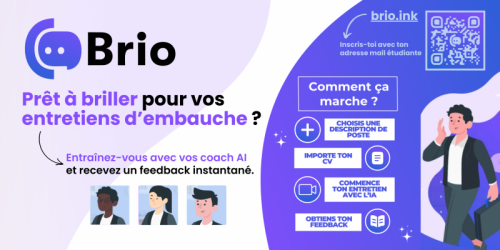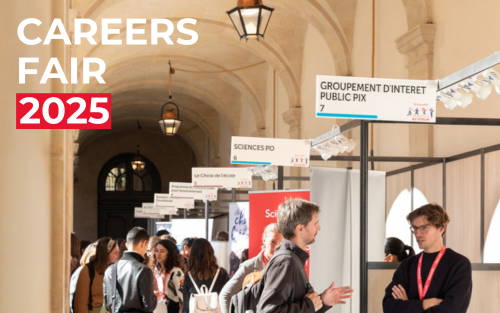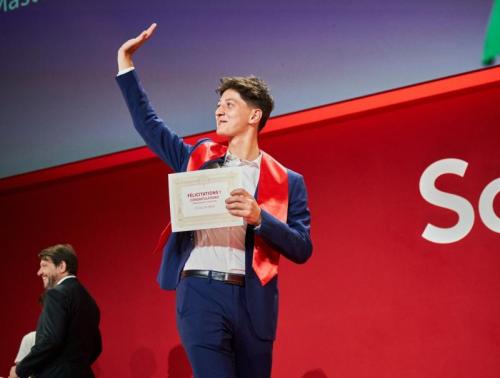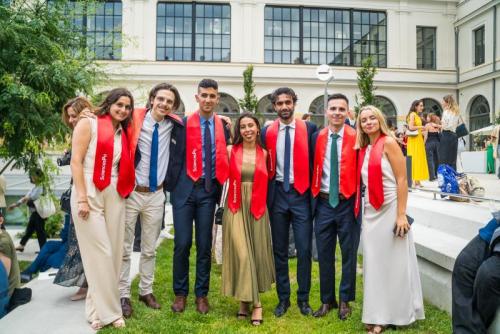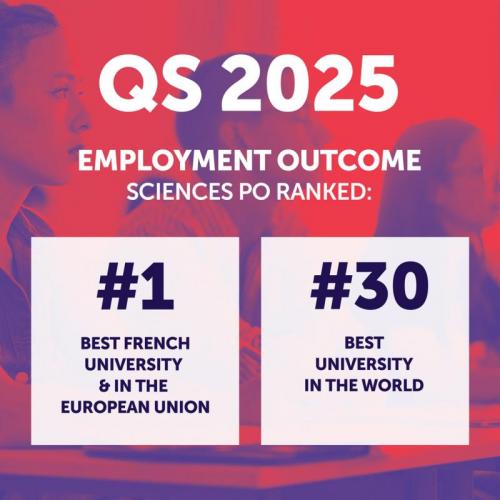How to have successful interviews

1. Get prepared for the interview
Getting prepared implies:
- Researching the company you are applying to (its mission statements, its current events, its values, its future challenges) by reviewing their website, specifically the Careers Department’s page.
- It also involves writing down any argument you may want to put forward for this specific position, and which can be later developed during the interview, depending on the employer's expectations. Doing this, you will have less chance of being unsettled and be more spontaneous.
2. Be image-conscious!
Contrary to common belief, it is not what is said that has the most impact on the recruiter, but the impression left after the interview. To avoid any unpleasantness, smile from the start, make eye-contact with the person you’re speaking with, punctuate your sentences with body language - mentioning some catchy anecdote may also help the recruiter remember you when comes the time to make the final choice. Paying a discrete visit to the company’s headquarters a few days before the interview to examine the company’s “dress code” may sometimes prove useful as well…
3. Tell a story about yourself
Nothing is more boring for a recruiter than a candidate reeling off his or her CV during the interview. To catch their attention, make the accounts of your internship, exchange, or group project lively, by describing your personal experience and how these made an impact on you as a person.
3. Be positive!
Recruiters need reassurance, for they fear making mistakes. They are looking first and foremost for a candidate who answers the position’s criteria in terms of qualifications and skills, but also in terms of personality. Avoid negatives sentences as much as possible, and emphasize the positive side of your past experiences, as well as the lessons learned from any failure you might mention. Instead of “my last internship didn’t go well”, you could say “my last internship partially met my objectives”.
4. Talk accurately about your qualities and flaws
Throughout the interview, recruiters form an impression of you, and they expect your answer to this kind of question to fit the description you have given of yourself.
Small tip: ask your relatives to describe their impression of you, specifically which qualities and flaws they associate with you. Make good use of this information: if your friends perceive you as shy, you might tell the recruiter: “I may come across as introverted, but once I know people, I become much more outgoing.”
5. Do I need to ask questions?
No, it isn’t mandatory to ask questions once an interview is over, especially if the recruiter told you all you needed to know about the company and the content of the position. Still, don’t forget to ask about the recruitment process and its developments (when will they contact you and what are the next steps), so as to follow-up and call the recruiter again when the time is right.
6. Practice!
Seize any opportunity to make sure you convey your message well (dinner with friends or family, personal, academic or professional relationships), to ensure that on “D” Day (meaning a job or internship you truly want) you’ll be in perfect shape !
INTERESTED IN THE CONSULTING SECTOR?
CaseCoach prepares you for consulting interviews through courses, interview analyses and case studies.



